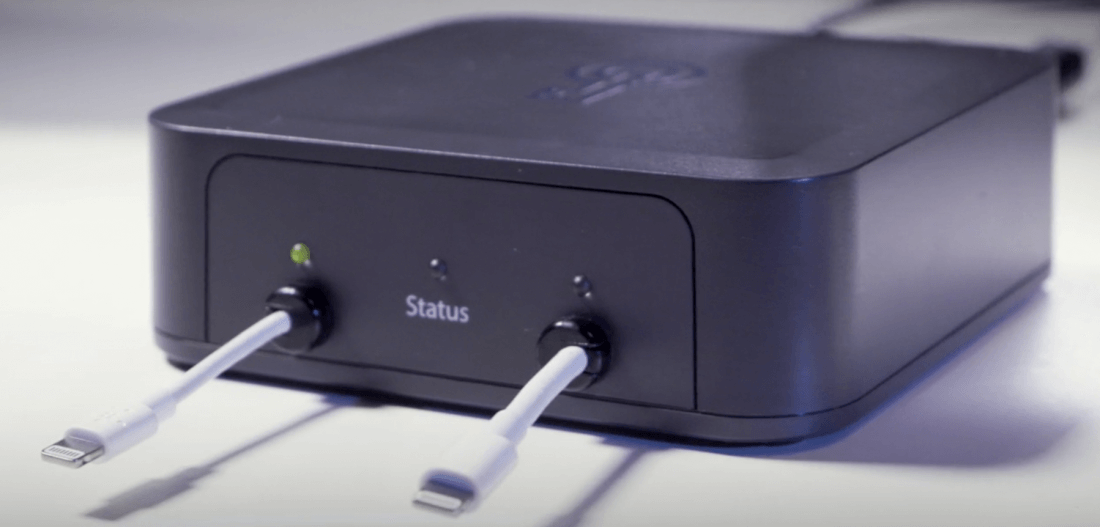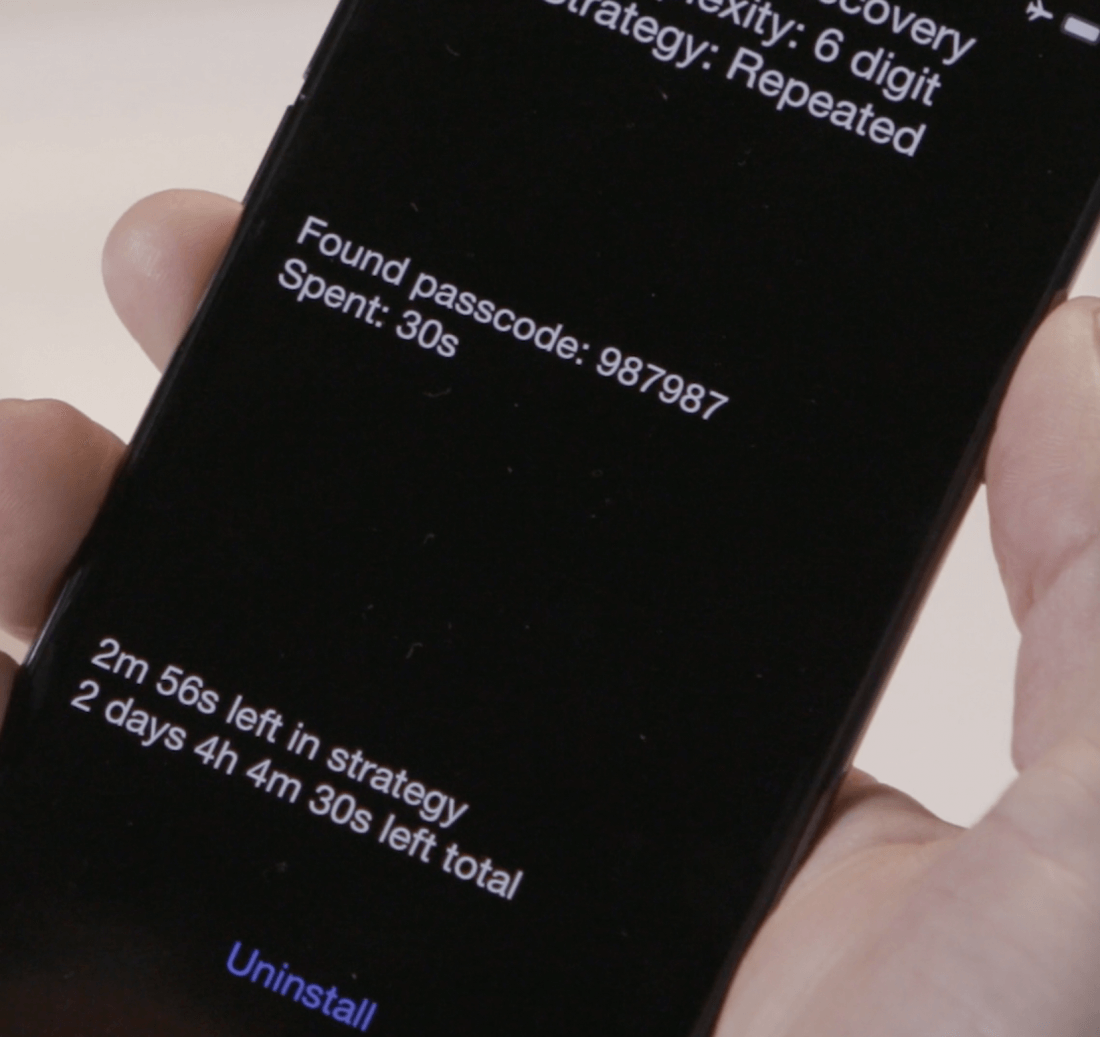Why it matters: Apple is trying to better secure iPhones from being unlocked. With current tools, nearly any iPhone can have its contents dumped within hours. Disabling USB access is meant to stop existing hardware tools from accessing private information, but the feature appears to have already been beaten by the security community.
After Apple just recently confirmed that its restricted USB feature could protect against tools being used by law enforcement, one of the major businesses involved in iPhone hacking could have already beaten Apple's new feature. Forensic experts now believe that Grayshift, maker of GrayKey, has methods of accessing the contents of your iPhone working on iOS 12 with USB Restricted Mode enabled.
According to an email from a forensic analyst, "Grayshift has gone to great lengths to future proof their technology and stated that they have already defeated this security feature in the beta build. Additionally, the GrayKey has built in future capabilities that will begin to be leveraged as time goes on."
At this time there is no demonstration that confirms Grayshift actually has figured out how to break into the latest version of iOS on current model iPhones, but there is little reason for doubt. A follow up email noted that USB Restricted Mode was addressed by Grayshift in a private presentation. It will only be a matter of time before iOS 12 is released and new demonstrations are needed to make sales.

Given that USB Restricted Mode is going to be turned on by default in iOS 12, Grayshift, Cellebrite and other security firms specializing in mobile phones will certainly be looking for ways around the security measure. It is possible that unreported exploits still exist in iOS that could circumvent the USB restriction. Knowing how many exploits in microprocessors have been uncovered this year, there may be hardware vulnerabilities lurking about that could leak data.
In the past, security firms had the luxury of operating relatively under the radar. Now that users have become more security-conscious and somewhat aware that their device is almost certainly able to be compromised if lost or stolen, a spotlight has been put onto companies specializing in hacking. The result is a cat and mouse game between manufacturers to secure their devices and security firms to continue to break in and sell their wares.
